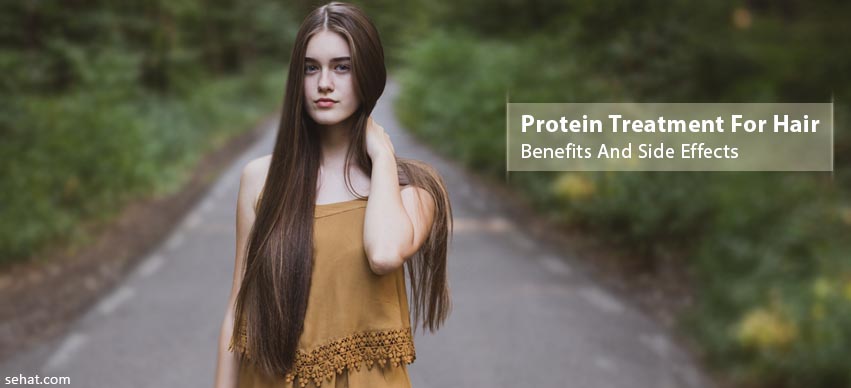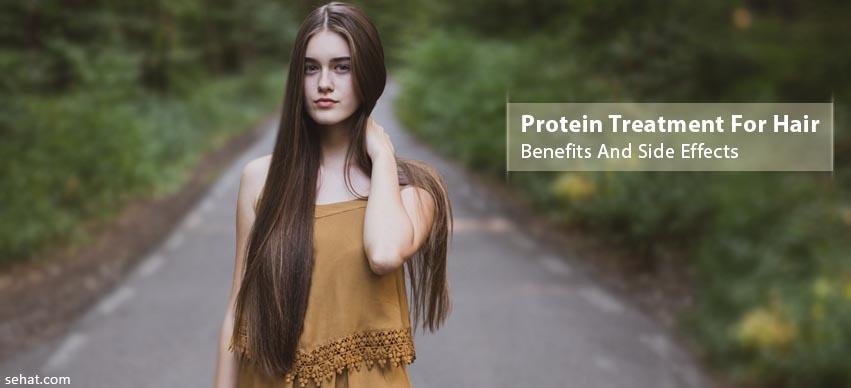How Communities Are Changing the Way We Think About Aging in..
8 Min Read


Every person desires a healthy hair. People may either eat good food such as spinach, a superfood containing vitamin, minerals and omega-3 fatty acids to make their hair healthy while some gains through advanced treatments. Various protein hair treatment for black hair are also available. Protein treatment provides new life to hairs. The hair becomes strong, healthy, voluminous and moisturized. The fullness and elasticity of the hairs are improved and the porosity disappeared. A protein treatment is also ideal for damaged hairs. Benefits are many but this treatment has side effects. People undergoing protein treatment experiences complications.
Most part of the hair is made up of a protein called keratin. Proteins are made up of amino acids. Due to the exposure of hair to harmful radiations and pollution, the protein of the hair starts degrading, causing breakage in the hair. To revitalize this particular protein, various protein treatment methods are available. Protein treatment imparts several benefits to hair such as:
As hairs are primarily made of proteins, supplementing them with protein helps to strengthen the hairs. During the protein treatment, the hydrolyzed protein gets imbibed into the hair. This results in the hardening of the upper layer of hair causing the hair strands strong.
A layer of dead cells prevents the effect of moisturizers on hair. Protein treatment removes the dead layers of cells and infusion of protein in the hair making them moisturized.
Protein treatment makes the hair to look healthy. Protein treatment penetrates into the hair strand and provides them thickness due to the development of a thick outer layer of cuticle. This makes hair look thicker and stronger.
Softening of hairs is another benefit of a protein treatment. Softened hairs look healthy, shiny and voluminous. Protein treatment removes the dead layers of cells and forms a protein coating to make them soft.
Protein treatment provides elasticity to the hairs. Improved elasticity helps you to create various styles. Increase in protein component of the hair, the elasticity of the hair can be improved. The hair would be bouncier than before.
The hairs are in continuous mode of exposure to harmful radiations as well as harmful chemicals. To protect them, protein treatment is one of the finest options. Protein treatment adds protein to the hair and also increases durability and fullness.
Protein treatment also improves the internal support system. Due to damage of the internal support system the texture and gives you a feeling of discomfort for your hair. The internal support system is disrupted due to excessive chemical exposure or excessive radiation exposure.
Doing a protein treatment before the application of color protects the hair from side effects of chemicals. Excessive chemical treatment damages and the hair and forms split ends.
Porous hair means the strands are non-uniform and there are gaps in between them. The absorption of various substances such as color and water in these gaps actually causes more damage to the hairs. Protein treatment, by filling these gaps in the strands, results in healthy, non-porous hair.
A protein treatment is not free from side effects. Various side effects have been experienced by the people who have undergone protein treatment. The side effects are caused due to protein as well as the other chemicals used in the protein treatment. Following are the side effects of protein treatment:
The protein treatment involves high-temperature treatment of hairs. This results in damaging the texture of hairs. Further, after a few washes, the hair looks dull and dry. Many people felt that the damage in the hairs is more severe as it was prior to the treatment. The severity of the damage depends upon various factors which also includes the experience of hair specialist.
Protein solution contains many harsh chemicals. These chemicals weaken the roots of hairs and make them thin. Harsh chemicals and high temperature are the major culprits behind hair fall.
Chemicals cause moderate to severe allergic reactions. Dry skin, dermatitis, itching, and eczema are the most common allergic reactions due to protein treatment. You should inform your specialist beforehand if you are allergic to a particular chemical. Also, if you have any concern reading allergic reactions, consult a dermatologist.
Chemical used along with the protein are known to cause cancer. One of the primary cancer-causing agents used in protein treatment id formaldehyde which is used during hair straightening. During protein treatment, the fumes of formaldehyde are generated causing throat and eye irritation.
Other side effects which are experienced by the people undergoing protein treatment include headache, runny nose, sore throat, and nosebleed.
A protein treatment is a process of infusing the protein in the hair strands making them strong and healthy. Another aim of the protein treatment is to protect the hair from harsh chemicals and radiations. However, various side effects such as hair damage, hair fall, allergic reactions, and cancer are also experienced by various people who had a protein treatment.